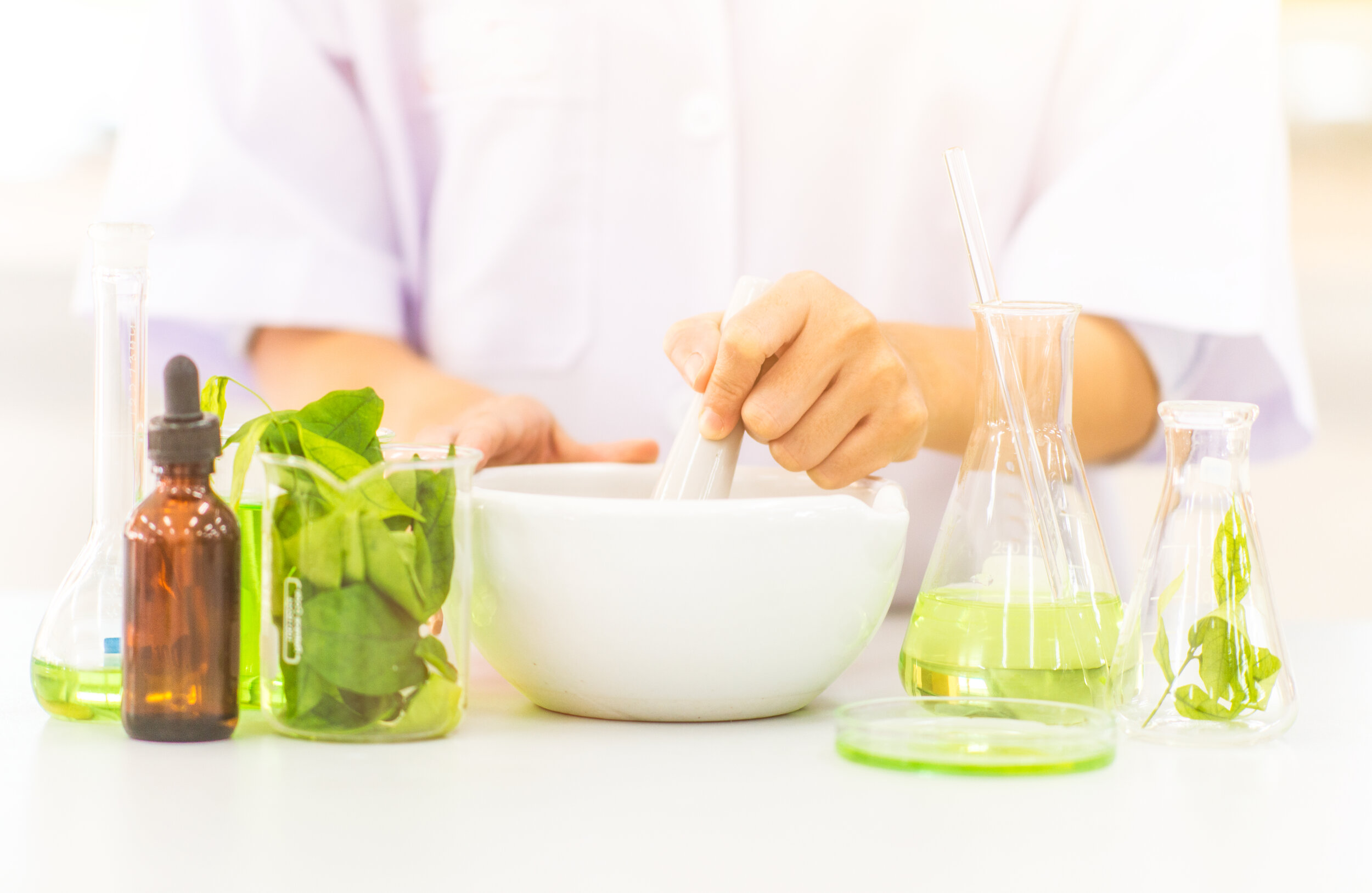This is not a blog post about whether masks are effective or not. The reality is, it’s now mandatory to wear masks in Ontario. This is leading to increased rashes, acne and bacteria on the skin. Think about where you put your mask. At the bottom of your purse, in the crevice of your car, on your kitchen counter. People touch their masks with dirty hands. Not only should we be washing our hands, but we also need to be washing our masks! More importantly, we need to be washing our masks with non-toxic detergents. Otherwise, you will be breathing in toxins all day long!
Below you can find a list of ingredients to check for when purchasing your laundry detergent, as well as some helpful suggestions of better detergent choices. Wash your hands and wear & wash your mask!
Use laundry detergent without:
Phosphates, Dioxane, Bleach, Sulfates or fragrances.
Better detergent choices:
Molly’s Suds, EcoMax, AspenClean, Dr. Bronner’s, Biokleen, Soap Nuts. As an alternative, you can try homemade detergents such as Baking Soda, vinegar and essential oils























